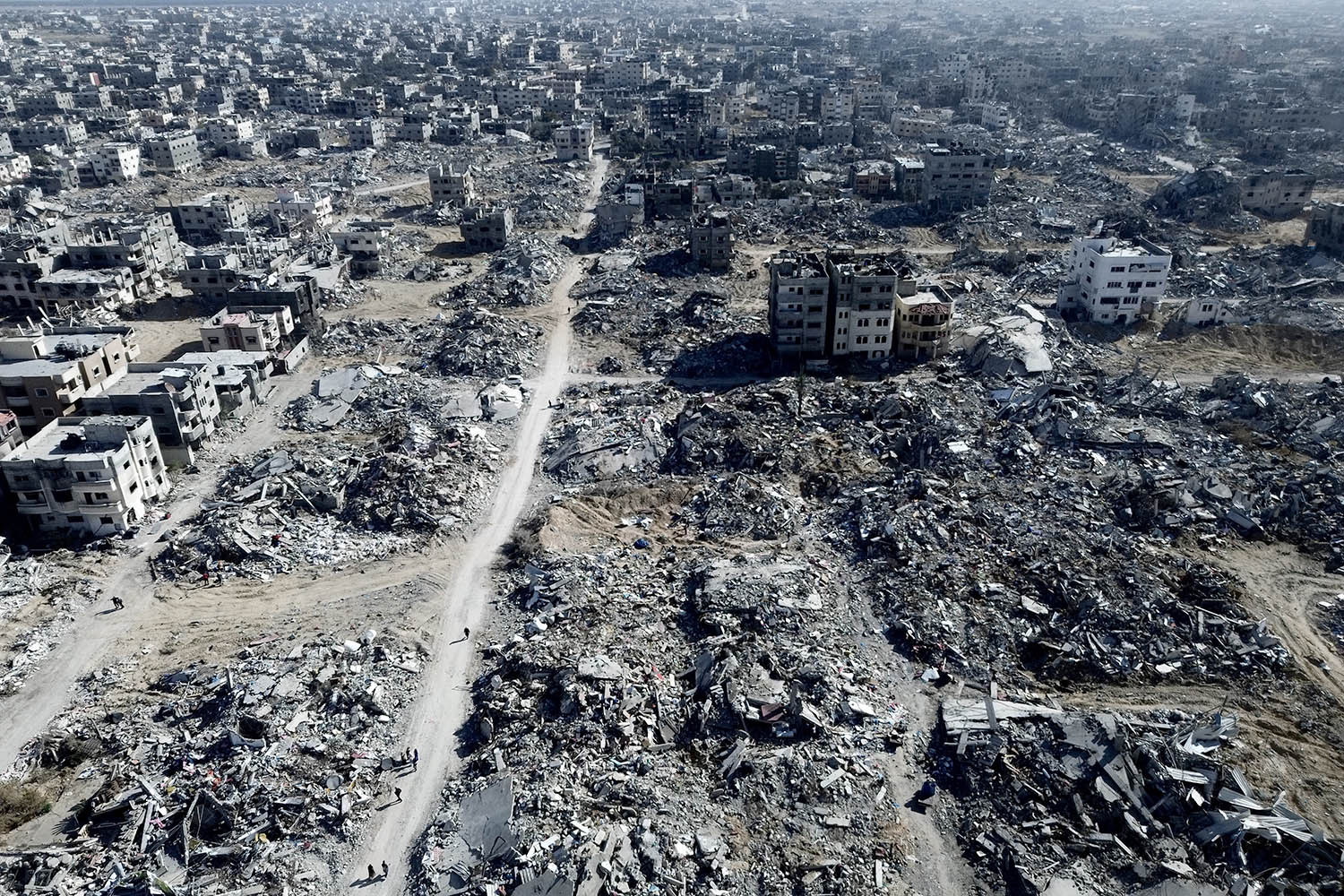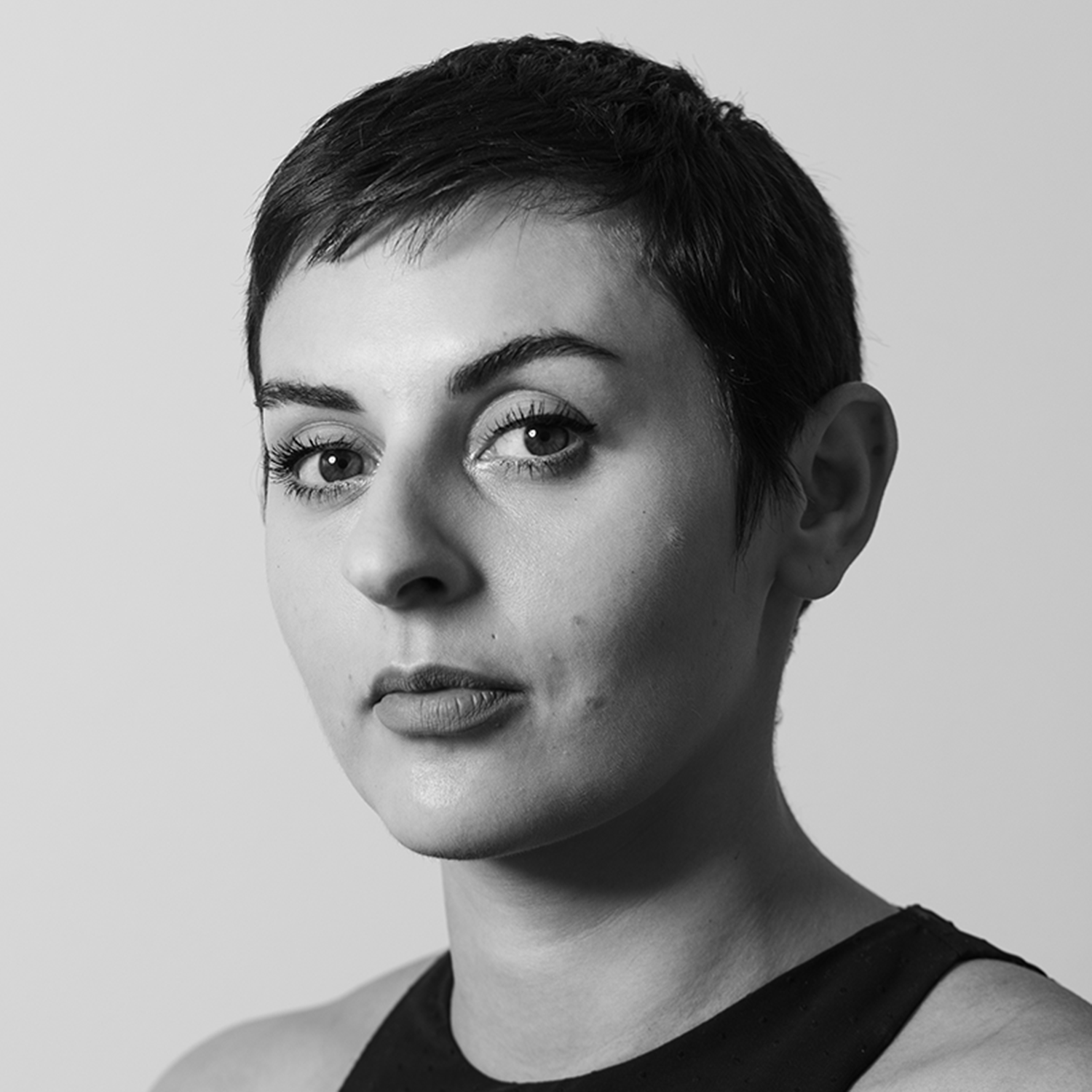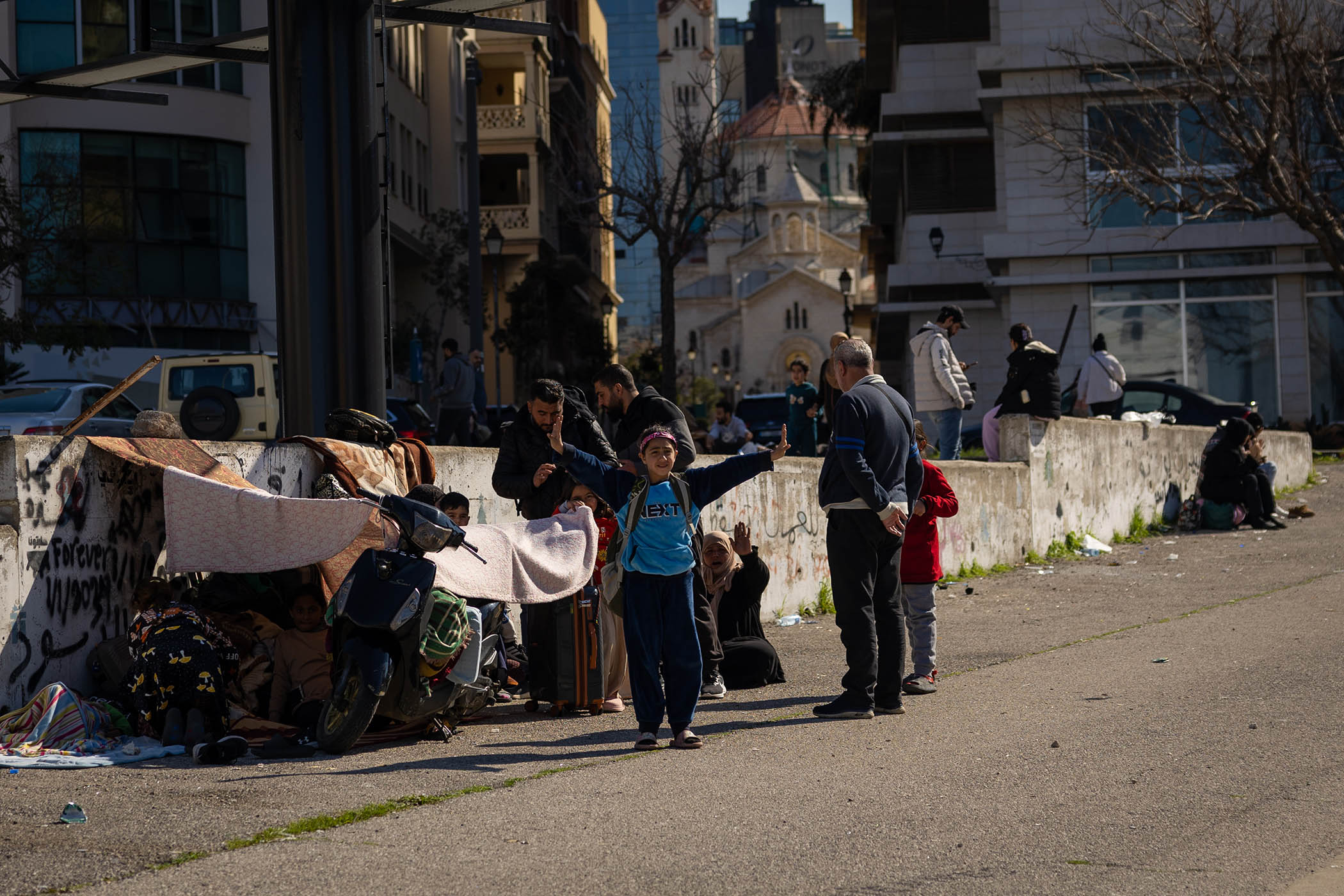Since the start of the war in Gaza in October 2023, 29-year-old Mustafa Daoud has been displaced nine times, forced to flee Israeli bombs that razed his neighbourhood north of Gaza City to the ground.
For the past several months, he has sheltered along with hundreds of thousands of others in al-Mawasi on the edge of the southern city of Khan Younis. In a phone call he told how his life has become about endless queues: hours to get water waiting in the baking sun, or for the chance to use a clay oven to bake a tiny amount of bread so his family can eat a single meal.
“We know that nowhere is safe in Gaza,” he said. “People are receiving evacuation orders but refusing to leave. They have lost all hope – they sit in their tents surrounded by tanks on all sides. We are exhausted. People are now convinced they will die wherever they are, that they will not be displaced again.”
But even this shrinking area, once declared by Israeli forces as a humanitarian zone, is under threat. Israeli defence minister Israel Katz last week said he had instructed the IDF to establish plans for what he called a “humanitarian city” on the ruins of the city of Rafah.
Some 600,000 people would initially enter the camp, following screening, after being forced to evacuate from al-Mawasi. All 2 million Gazans would eventually be crammed into a tiny area of land in the south of the enclave, which Katz told reporters would be run by international organisations with Israeli forces on the perimeter. Once inside the camp, Palestinians would be given a grim choice: remain in confinement, or leave Gaza entirely. Katz described this as part of his goal for Palestinians to “voluntarily emigrate”.
It was unclear which international organisations would cooperate with such an initiative, given the refusal by the UN and other groups to cooperate with a similar model for aid delivery, known as the Gaza Humanitarian Foundation. Despite an immediate backlash, the leftwing Israeli outlet Haaretz reported that Benjamin Netanyahu instructed the military to draw up plans for the “humanitarian city,” before departing for Washington last Monday. Israeli military officials reportedly pushed back, saying it would be difficult to do so during ongoing ceasefire negotiations.
‘People are convinced they will die wherever they are. They will not be displaced again’
‘People are convinced they will die wherever they are. They will not be displaced again’
Mustafa Daoud
Two Israeli legal scholars, including Eyal Benvenisti, who represented Israel before the international criminal court, called the plan a “war crime”, adding that they “believe this plan to be morally and legally unconscionable” in an essay published by Just Security. “People are terrified,” said Daoud. “It’s incomprehensible that they’d implement a plan like that – displacement to that area is just unacceptable.”
The threat of Katz’s plan further endangered already delicate ceasefire negotiations that restarted in Doha, with the Qatari foreign ministry spokesperson Majed al-Ansari quashing hopes of a swift result by warning the “process requires time”.
Donald Trump’s public embrace of Netanyahu during his visit to Washington masked private ire within his team about the pace of talks. These frustrations only increased after the Israeli side presented mediators with a map showing large swaths of land their forces would continue to occupy during a 60-day truce.
For Majed Qudeih, who is also sheltering in Al Mawasi with his wife and six children, hopes for a two-month ceasefire are undermined by fears about what could happen when it ends.
Newsletters
Choose the newsletters you want to receive
View more
For information about how The Observer protects your data, read our Privacy Policy
“We have experienced ceasefires before, but we fear that the war will return even more brutally after 60 days – if there is a ceasefire at all,” said Qudeih. He estimates that he and his family have been forced to flee 20 times since the Israeli assault on Gaza began in October 2023, following attacks by Hamas on nearby Israeli towns and kibbutzim that killed some 1,200 people and saw 250 taken hostage.
Qudeih called Katz’s plan “an insult to humanity and to the Palestinian people”.
“If we are forced under the threat of bombs and weapons to evacuate and flee, we will be displaced – but if we refuse, we will be executed and killed. The situation is tragic, and forcing us to live in displacement camps is extremely cruel,” he said.
A vision of a future in which millions of Palestinians are forced to choose between life in a camp in southern Gaza or permanent exile has been buoyed by similar plans from consultancy groups and Israel’s international partners, where Gaza is rebuilt without Palestinians.
Trump shared an AI-generated video showing Gaza as a resort town after pondering whether it could become the “riviera of the Middle East”, while the Financial Times reported that the Boston Consulting Group had modelled the cost of expelling millions of Palestinians by incentivising them with $9,000 per person “relocation packages”.
While Netanyahu’s office issued a document in February last year entitled The Day After Hamas, outlining Israel’s long-term goals in Gaza, the Israeli prime minister has sought to continue fighting indefinitely.
Former Israeli negotiator Daniel Levy pointed to Netanyahu’s open backing, including Israeli arms, for an infamous gang based in Rafah accused of attacking aid convoys. Israel “has refused any plan for how Gaza could be managed that isn’t chaos, which induces a greater possibility of driving people out,” he said.
“Is this about defanging Hamas or ethnic cleansing?” he asked. “Compelling evidence is accumulating that it is the latter.” Levy believes that Netanyahu has chosen to keep fighting indefinitely, even though his ultimate war aims often appear unclear: “Nothing has yet displaced forever war as a better option for managing both his domestic politics and his legal challenges in court.”
At a state dinner with Trump in Washington, Netanyahu outlined what he repeatedly called the “free choice” for Palestinians about whether to stay in Gaza. “We’re working with the United States very closely about finding countries that will seek to realise what they always say they wanted – to give the Palestinians a better future,” he said.
Both leaders said they were seeking to find countries neighbouring Israel that would agree to house millions of displaced Palestinians, in defiance of statements from Egypt and other countries bordering Israel who have long resisted this idea.
For many Palestinians, the suggestion that they might choose to leave rather than continue to face a level of destruction unprecedented in modern warfare is an insult, not an offer of hope. “We live clinging to the hope that this war will end,” said Daoud.
As for who could rule Gaza in future, he said he wants any option that could bring peace and stability, including the return of the Palestinian Authority. “I want anything that will spare more blood and stop these massacres,” he said.
Photograph by Doaa Albaz/Anadolu via Getty




